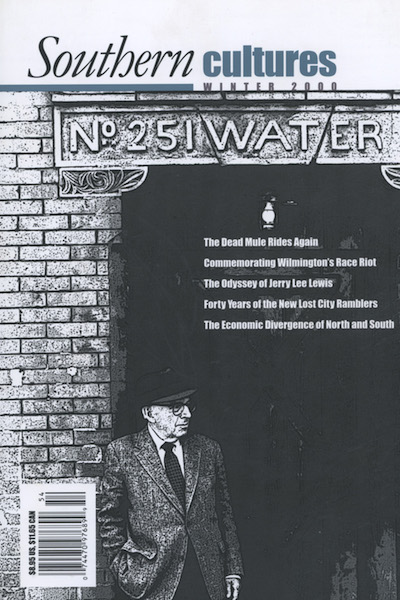“Mike Seeger, a conscientious objector during the Korean War, was fulfilling his alternative national service as a dishwasher in a tuberculosis hospital.”
In the early spring of 1999 I drove out of Lexington, Virginia, and halfway up a mountain turned onto the private drive that led to Mike Seeger’s home. Soon enough John Cohen arrived from New York and Tracy Schwarz from West Virginia. Over a weekend I taped hours of interviews with the New Lost City Ramblers, one of the premier folk revival groups. The incubator for both bluegrass and country music as we now know it, the Ramblers were the first to take their inspiration and repertoire from the “hillbilly” or old-time music that had been commercially recorded in the South from the late 1920s through the 1930s. I also had access to a significant part of their paper archive, including personal letters and business contracts, and was in contact by email with Tom Paley, one of the Ramblers’ original members who now lives in London. What follows is the complex story of a group of northern, urban musicians who made it their life’s work to bring rural, southern music onto the national stage and in the process significantly contributed to what became a world-wide movement in “roots” music.


